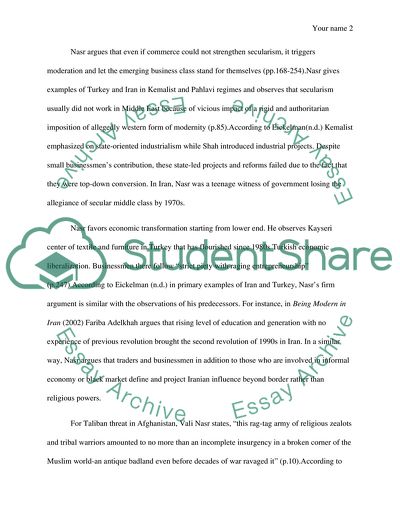Cite this document
(“Forces of Fortune by Vali Nasr Book Report/Review”, n.d.)
Forces of Fortune by Vali Nasr Book Report/Review. Retrieved from https://studentshare.org/politics/1740778-summaries
Forces of Fortune by Vali Nasr Book Report/Review. Retrieved from https://studentshare.org/politics/1740778-summaries
(Forces of Fortune by Vali Nasr Book Report/Review)
Forces of Fortune by Vali Nasr Book Report/Review. https://studentshare.org/politics/1740778-summaries.
Forces of Fortune by Vali Nasr Book Report/Review. https://studentshare.org/politics/1740778-summaries.
“Forces of Fortune by Vali Nasr Book Report/Review”, n.d. https://studentshare.org/politics/1740778-summaries.


